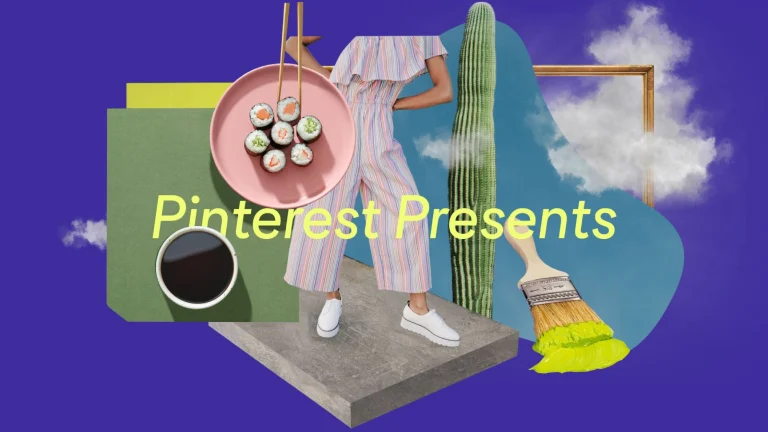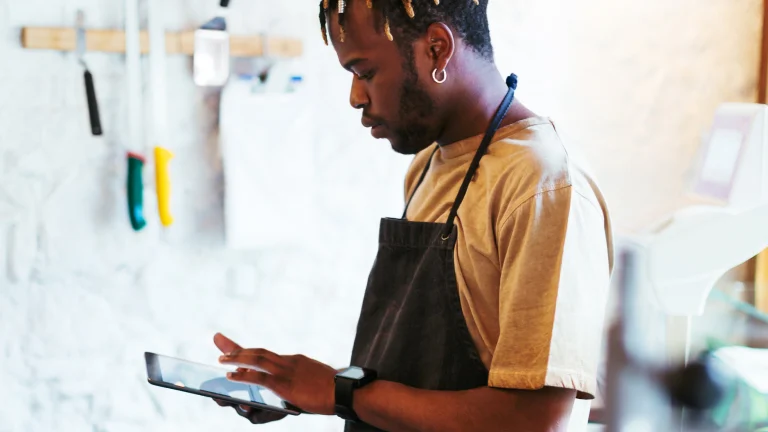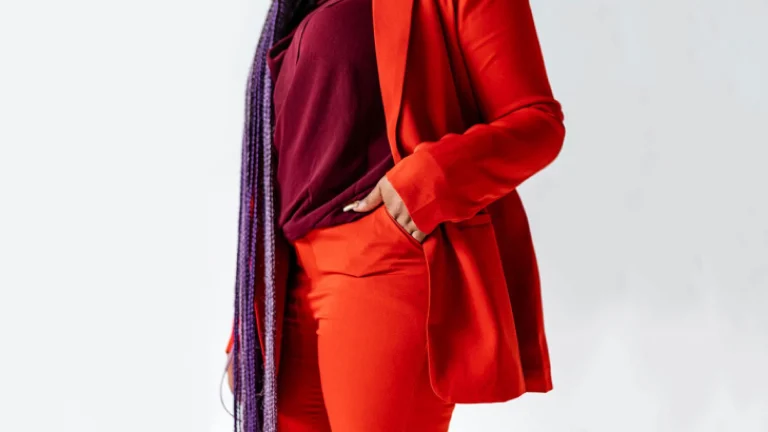Pinterest joins GARM, the Global Alliance for Responsible Media
October 21, 2020 — Meredith Guerriero
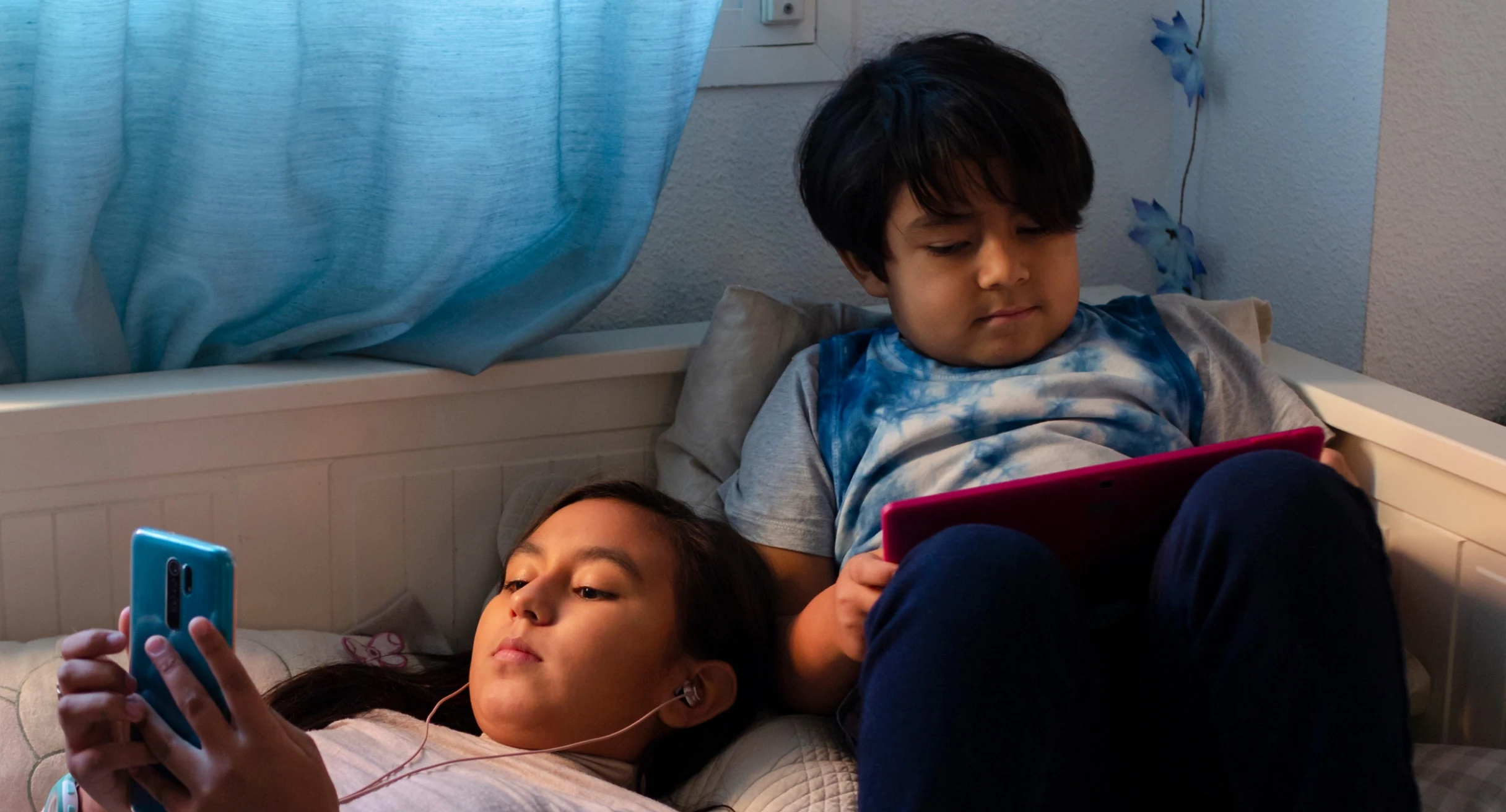
A more positive place
I hear the same thing again and again when I talk to people about Pinterest: “It’s the only platform I feel comfortable letting my kids use.” That sense of safety didn’t happen by accident. At Pinterest, our guidelines are designed to keep the platform not just safe, but positive, for everyone—including brands. In fact, 8 in 10 Pinterest users use it to “feel positive” (about 3 in 10 say that about other social platforms)1 and 92% of Pinterest advertisers rank it first on overall reputation among 8 leading platforms (20 points above the nearest competitor).2
That’s why I’m thrilled to announce today that Pinterest is joining the Global Alliance for Responsible Media (GARM), led by the World Federation of Advertisers. Joining GARM elevates our work from an effort on our platform to an industry collaboration with the top advertisers, agencies, publishers and platforms to advance responsible media online. GARM “exists to create a more sustainable and responsible digital environment that protects consumers, the media industry, and society as a result.”
As both a mom and a marketer, I feel charged with that mission every day. I think first—and always—about where my kids can feel safe. But I also spend a lot of time in my day job thinking about where brands can feel safe.
Clear lines on content
Pinterest’s clear, firm lines about what’s acceptable make both of those jobs easier. For example, Pinterest doesn’t allow harmful misinformation, like the promotion of false cures for terminal illnesses or anti-vaccination advice. In recent years, we’ve built a more robust system of enforcement, from machine learning technologies to third-party partnerships that help us prevent, detect and remove content that violates our guidelines. We also don’t allow election ads. We don’t even monetize election-related content—nor search terms related to the coronavirus or the pandemic.
Another great example of firm, clear lines: We have been removing QAnon conspiracy content on Pinterest since August 2018, when we first determined QAnon violated our misinformation policy. Since then, we have proactively looked for and removed content related to QAnon, in addition to removing content reported to us. We also disabled search results for QAnon and related keywords, variations and misspellings. We believe in a more inspired internet, and that means being deliberate about creating a safe and positive space free of misinformation for Pinners.
Pinterest leads the industry in content moderation
2017
Launched a health misinformation policy that blocks anti-vaccination content
2018
Stopped running political ads
Began removing QAnon conspiracy content
2019
Rolled out compassionate search for people seeking mental health support
2020
Launched authoritative search results for COVID-19
Brand safety controls
As we improve our controls, we’re also expanding yours. Advertisers know best what is suitable for their brands. So, whether or not you spend with Pinterest, you get access to moderation tools that set the tone around your brand. For example: if a comment or photo is not relevant to your Pin, you can delete it. In fact, you can turn off comments altogether on your ads or organic content.
Our latest research shows that post-COVID, adjacency matters more than ever in advertising. Of thousands of consumers surveyed, the majority said they assume an implied endorsement when they see brands appear alongside harmful content. That means you need more tools not only to control where you will show up and understand where you did.
Advertisers
Advertisers can use targeting controls to decide where they’d like their ads to appear in the Pinterest home feed or Pinterest Search.
Brands
Brands can apply negative keywords to prevent their ads from serving in search queries that a brand may not find suitable for them.
Search term reports
Search term reports allow brands to see which specific queries triggered their ads. Brands can use this report to create negative keywords to prevent their ads from appearing in specific queries or flag inappropriate terms to their Pinterest account team. Search Term Reports are available to advertisers by request.
Made possible by Pinners
The safety of our community on Pinterest is made possible by the solidarity of our community. Pinners know that Pinterest is a more positive place on the internet, and they help us keep it that way. Pinners are empowered to report any infractions quickly and easily by clicking on the “…” for more options, found at the bottom right-hand corner of every Pin.
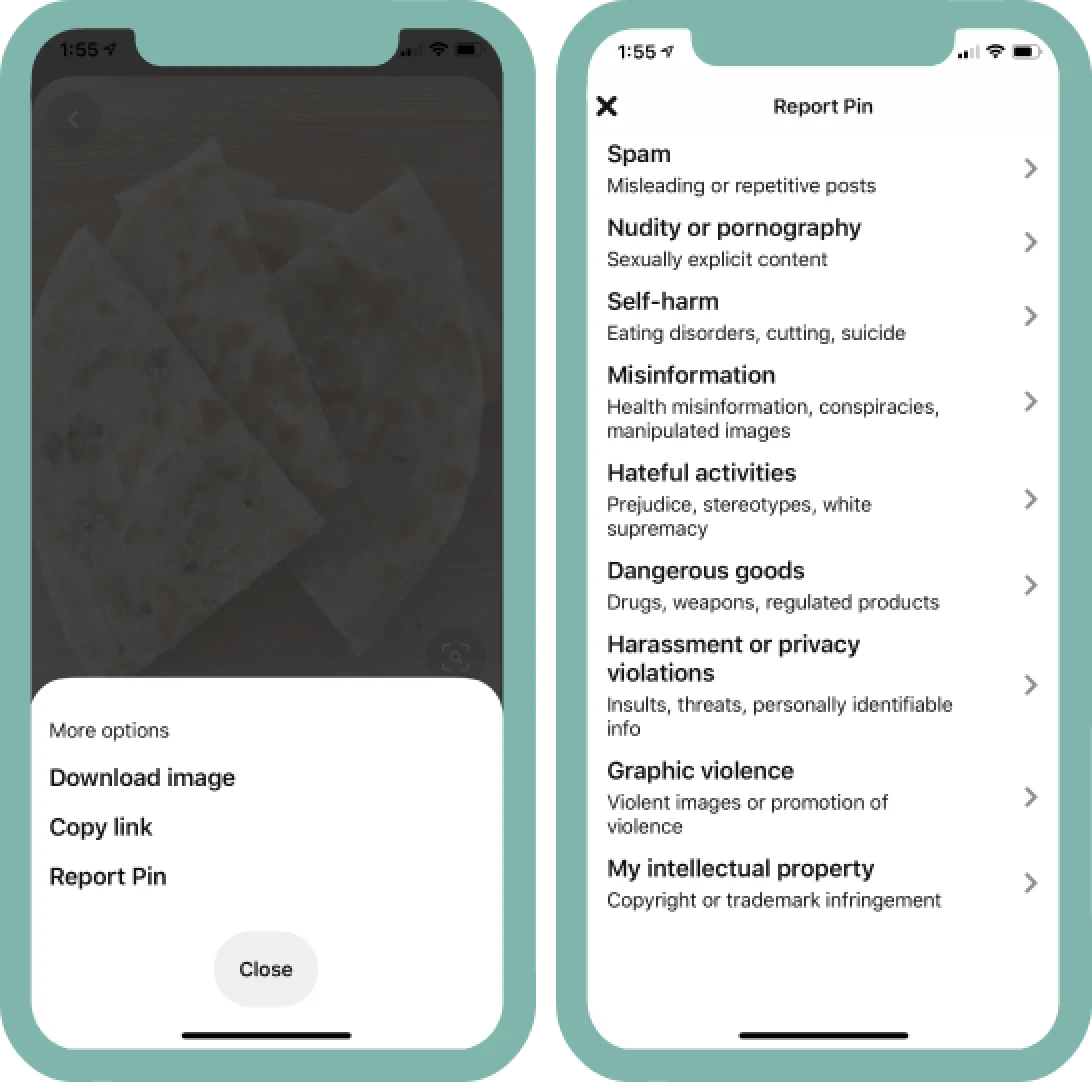
We review user reports and take action if we find something unacceptable. If we take action against a Pin, board, or account, the account holder receives an email notifying them of the removal and reminding them of our Community Guidelines.
Our mission at Pinterest is to bring everyone the inspiration to create a life they love. We believe that for people—and brands—to feel inspired and inspiring, they first have to feel safe. We’re excited about this new partnership with the GARM and what it will mean for creating more positive places on the internet.
